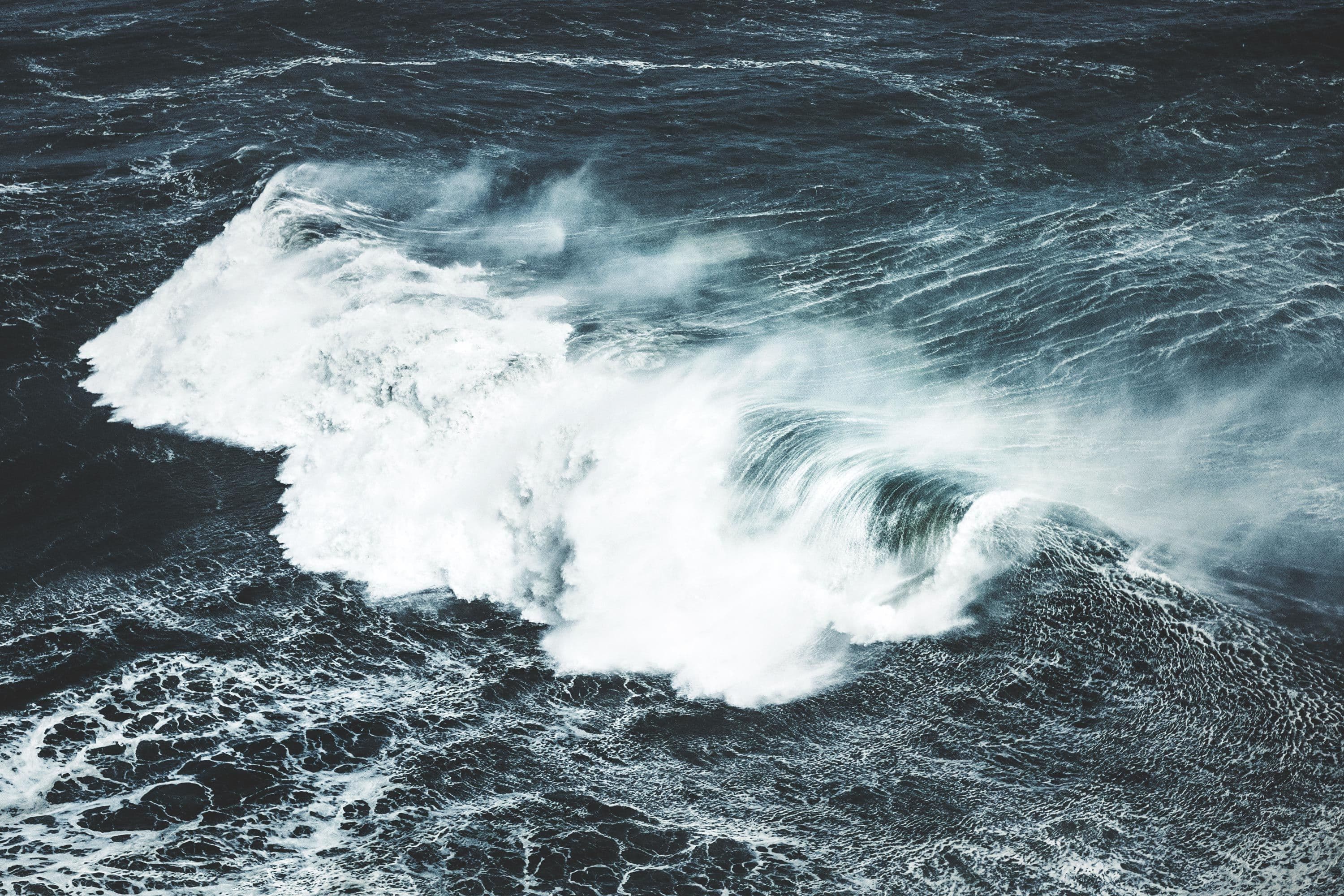
Most businesses are dependent on nature for their functioning and, at the same time, have an impact on nature through their operations. Increasingly, businesses and financial institutions are recognizing that the loss of nature and biodiversity is a source of so-called nature-related risks, that is when changes in the environment, as well as relevant changes in regulations, policies, markets and society at large can impact companies. It is therefore crucial that companies increase their understanding of nature-related risks and start to reduce their negative impacts on nature and ecosystems.
Based on a real-world exercise, WWF, Storebrand Asset Management, Norwegian Institute of Nature Research and Grieg Seafood explored how currently available information on salmon aquaculture can be utilized to inform investors in the seafood sector on key nature-related risks, such as impact on biodiversity or water quality. The project has also identified areas of improvement, such as lack of comparable quantitative metrics, definitions and a framework for an objective reporting on dependencies.
Still, the study shows that it is possible to get an indication of a salmon farming company’s exposure to nature-risk as well as mitigating efforts conducted.
The methodological approach that was explored has a potential to encompass all aquaculture species globally, including the most common species like shrimp, tilapia and salmon.
Andreas Kvame, CEO of Grieg Seafood ASA, said:
“We believe food from the ocean can be a part of the solution, but only if we do it right and responsibly. We recognize that we depend on ecosystem services to operate, and also that our production has an impact on nature. This case study has been a learning experience on how nature-related risks are relevant to us. Grieg Seafood remain committed to reduce our footprint and better fish welfare by improving existing operations and by developing new farming technologies. Understanding and mitigating nature-related risks is key to achieve these goals, and with this case study and our engagement with TNFD we have started on that journey.”
Jan Erik Saugestad, CEO of Storebrand Asset Management, said:
"The global economy depends on the services provided by nature. Companies and financial institutions need to properly understand nature risks to make good business decisions. This pilot project shows how companies can provide meaningful data on their impacts and dependencies on nature. As an investor, this kind of reporting helps us assess risks and opportunities and channel our investments into the most sustainable companies."
Karoline Andaur, CEO of WWF Norway, comments:
“Our economy has a huge impact on nature and, at the same time, is highly dependent on healthy ecosystems. Nature risk is a concept which is gaining traction in the business and finance world. However, little concrete action is still taken. While assessing nature risks is a complex matter, this pilot project demonstrates that it is already possible for a company to start reporting useful information on its nature-related risks. With this report, we want to inspire more companies and financial institutions to start taking action in assessing their dependencies and impacts on nature.”
Norunn Myklebust, CEO of Norwegian Institute for Nature Research states:
The nature-risk concept represents an interesting, but complex and challenging, approach for evaluating the risks or threats on businesses from nature and the risks to nature from businesses. This pilot project can be seen as an important first step against development of a more general system for assessment of nature risk, that could be highly relevant and useful for a range of stakeholders.
The case study is available here.